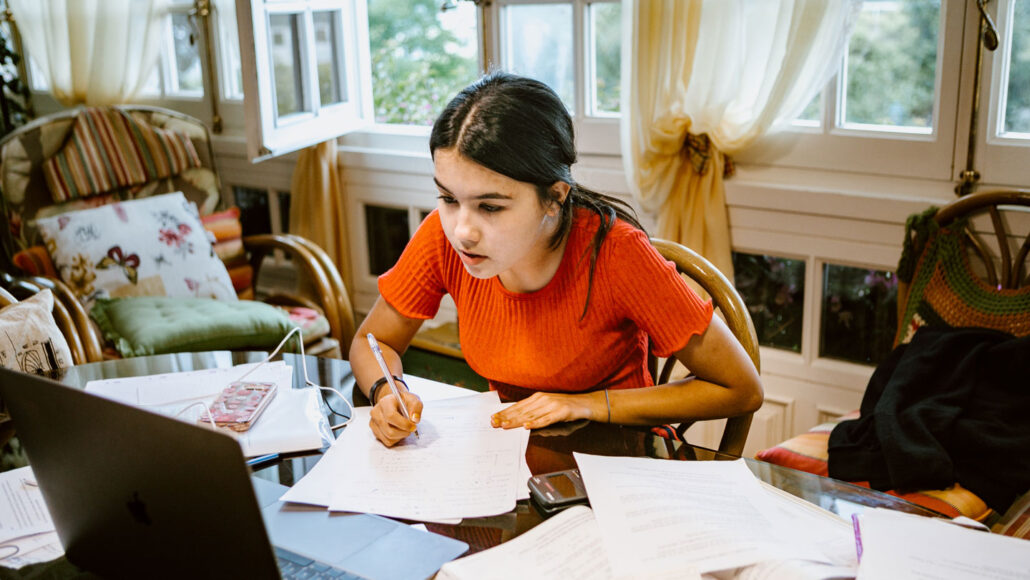Questions for ‘Will you learn better from reading on screen or on paper?’

Computers are very much a part of education today. But books and paper are still a good way to learn information. Depending on the material, they can be the easiest way, studies find.
Carol Yepes/Moment/Getty Images Plus